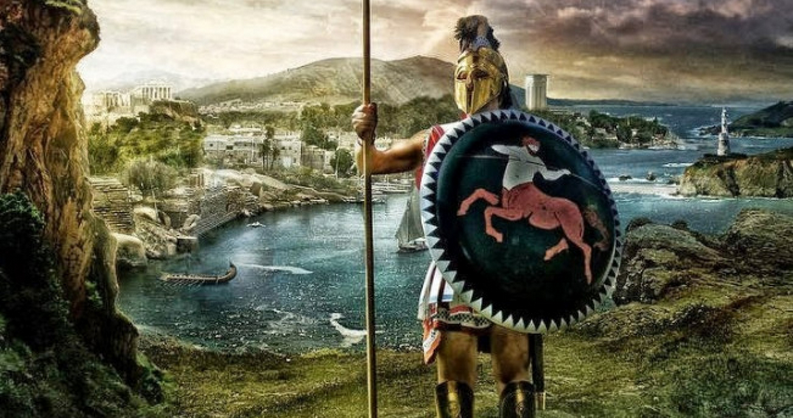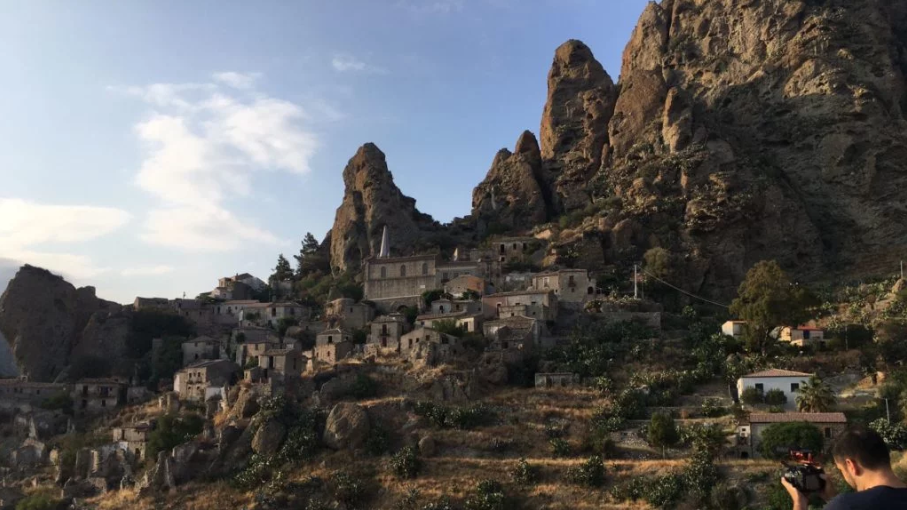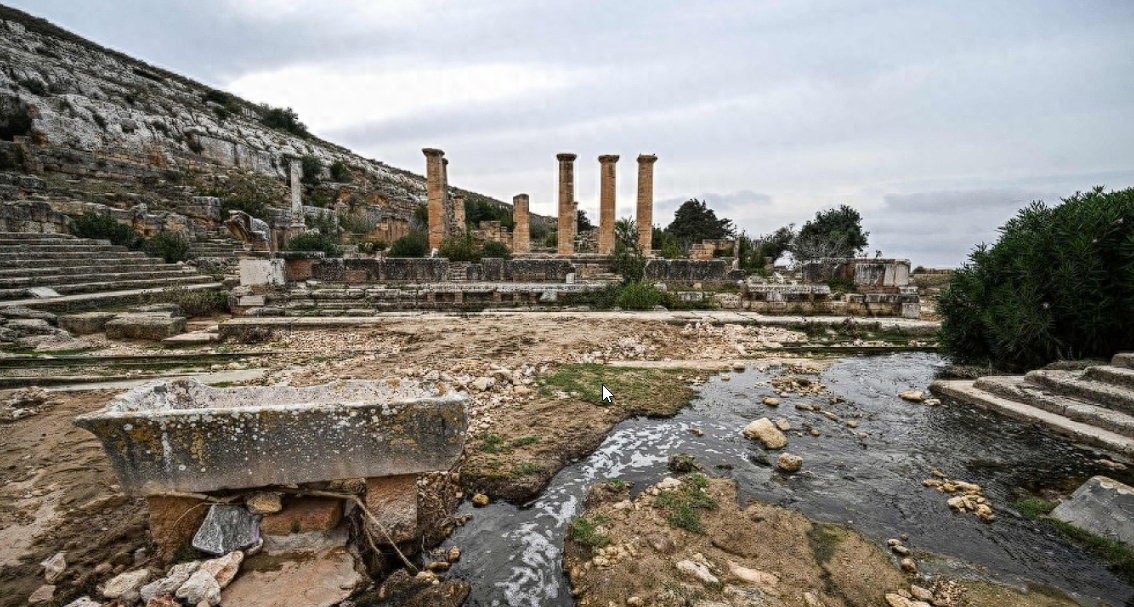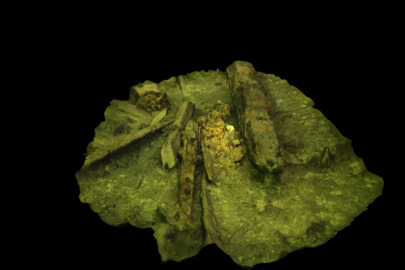Long before the Roman Empire came along, the Ancient Greeks controlled much of southern Italy. From the 8th to the 5th centuries BC, intrepid Greek settlers transformed this region into a mosaic of independent city-states, fostering a unique blend of Hellenic and indigenous Italian influences. Amidst the fertile landscapes, colonies like Syracuse and Taranto thrived, becoming hubs of trade and innovation. Over time this series of colonies became known as Magna Graecia. This isn’t to say Magna Graecia was as idyllic. When the Greeks weren’t innovating, they were either fighting amongst themselves or battling outside threats. Over time Magna Graecia’s glory waned and eventually, it fell to a new power, the Roman Empire. Today these Greek colonies are often forgotten, but their legacy can still be felt in the region’s cultural landscape.
The Greeks Discover Colonization
When we think of empires establishing colonies, we normally associate it with trade and the spreading of power. Colonies are a fantastic way for nations to project their power from their borders and rule over faraway lands. Greek colonization was a little different, however. While power projection and increased trade were certainly bonuses, something else drove their colonization efforts – necessity.
During the Archaic period (800 to 480 BC) ancient Greece became too successful for its own good. Massive population growth (estimated to be ten-fold, with Greece’s population going from 800,000 to 7-10 million) meant the mainland quickly ran out of the arable land needed to feed so many mouths. The answer to this problem was to take other peoples’ land.
Colonies fixed this overpopulation and food shortage problem in two ways. Firstly, they expanded and strengthened Greece’s trade network. This meant Greece could import more food and feed all those hungry mouths. It also did wonders for the economy. Secondly, sending out settlers displaced some of Greece’s population growth and spread its population a little thinner.
Unlike Roman colonies, Greek ones weren’t dependent on their mother city. Instead, they acted as independent city-states. There were two main types of Greek colonies. The first were permanent settlements that largely acted independently but mostly remained loyal to their Greek heritage. The second, known as emporia, was more akin to trading outposts. In these, Greeks and non-Greeks lived side by side and the population focused on manufacturing and selling goods to mainland Greece and other colonies.
Continue here: Ancient Origins








































